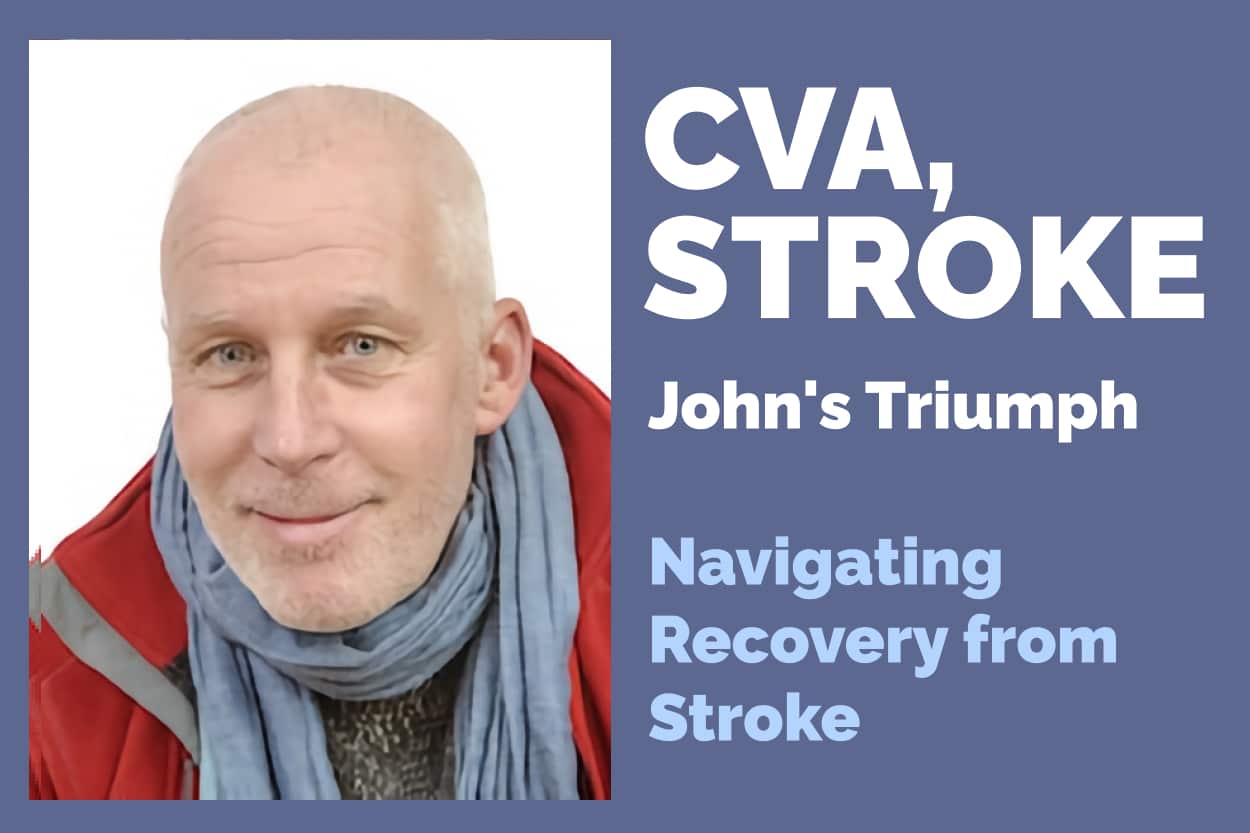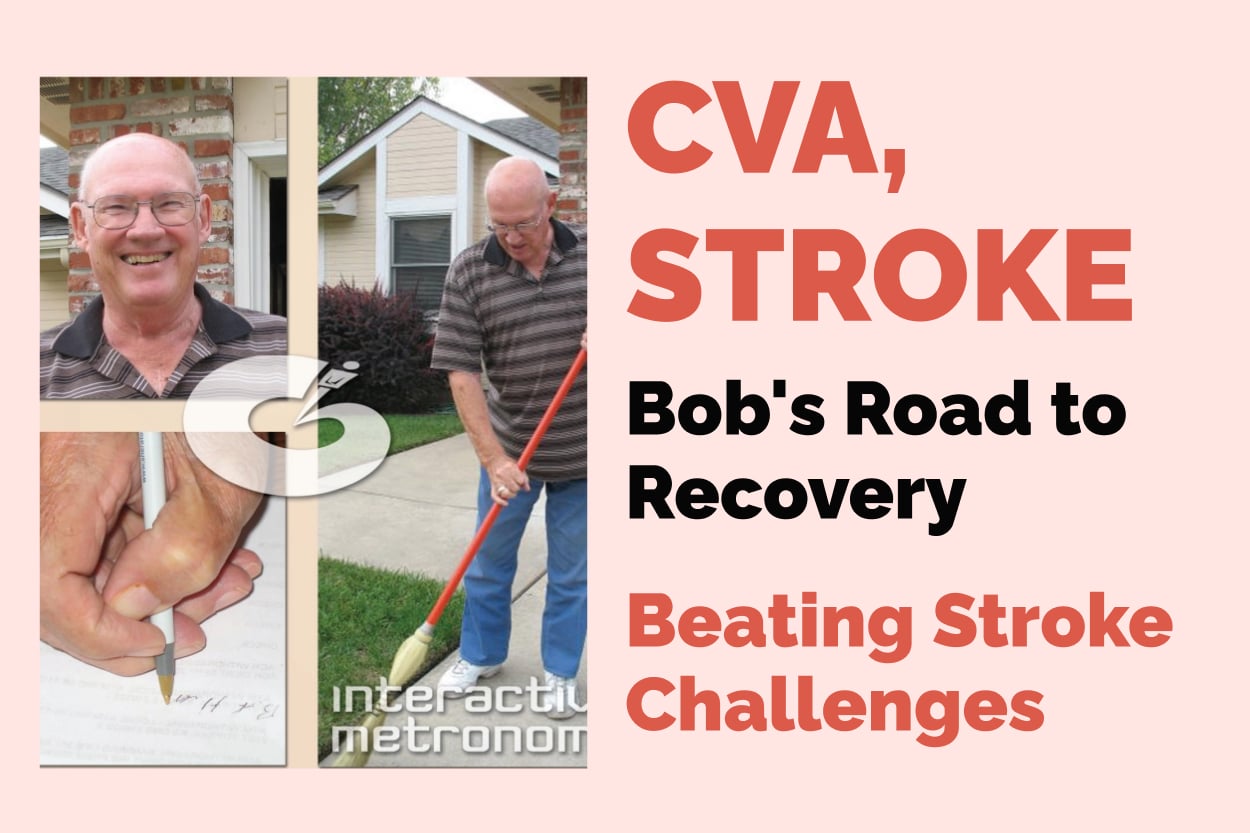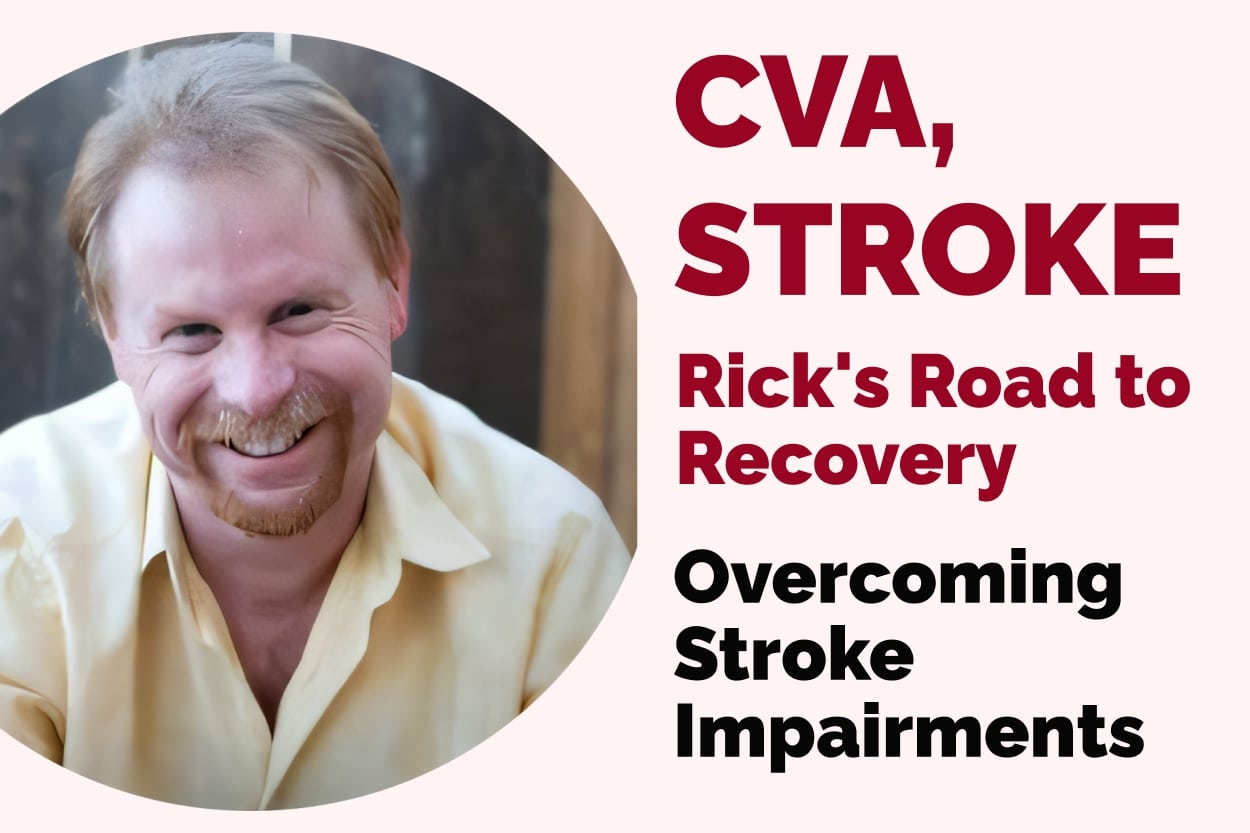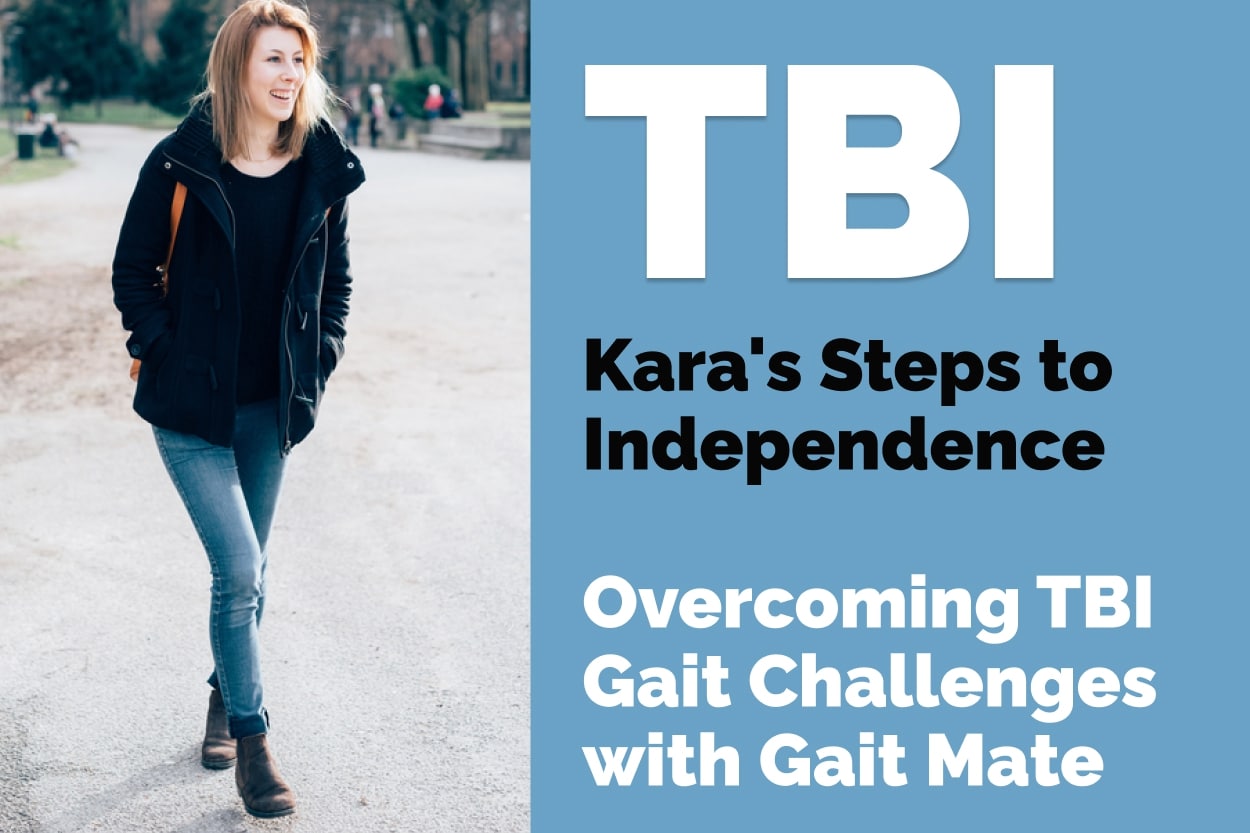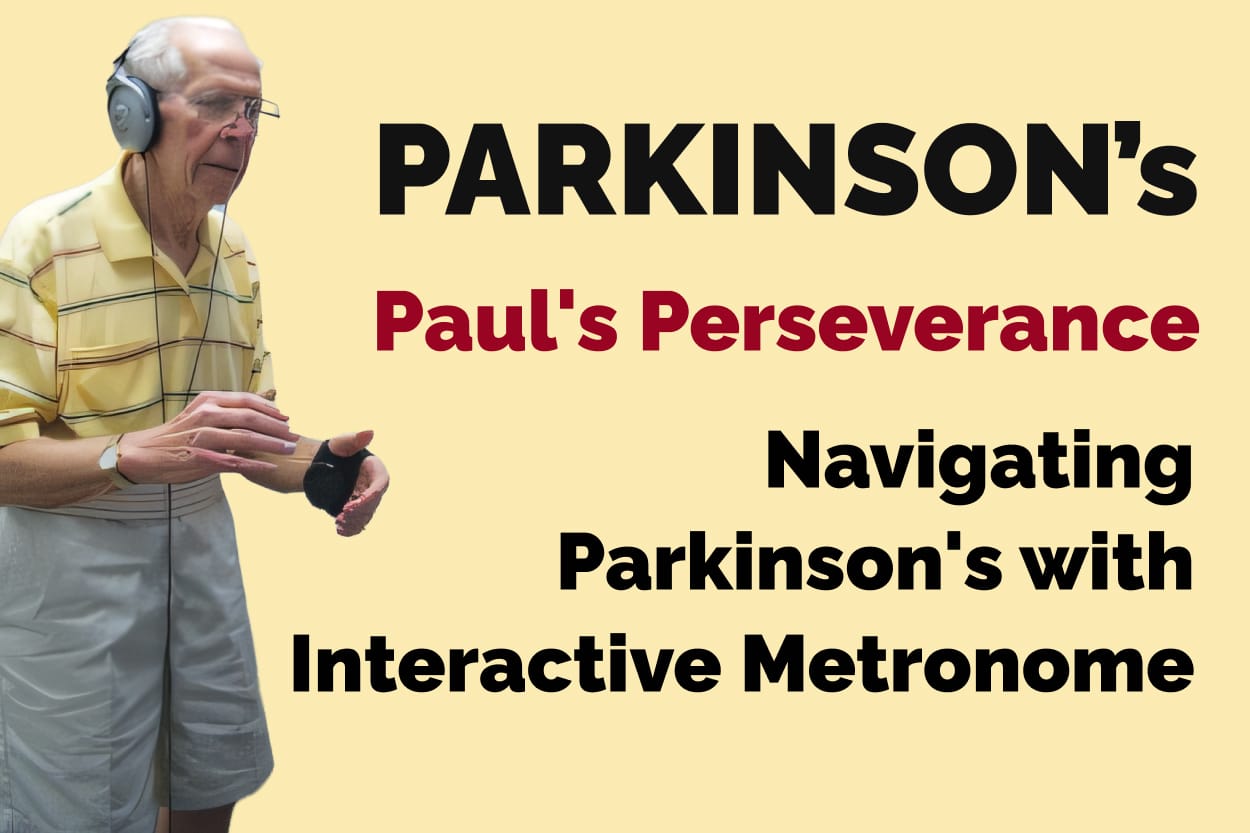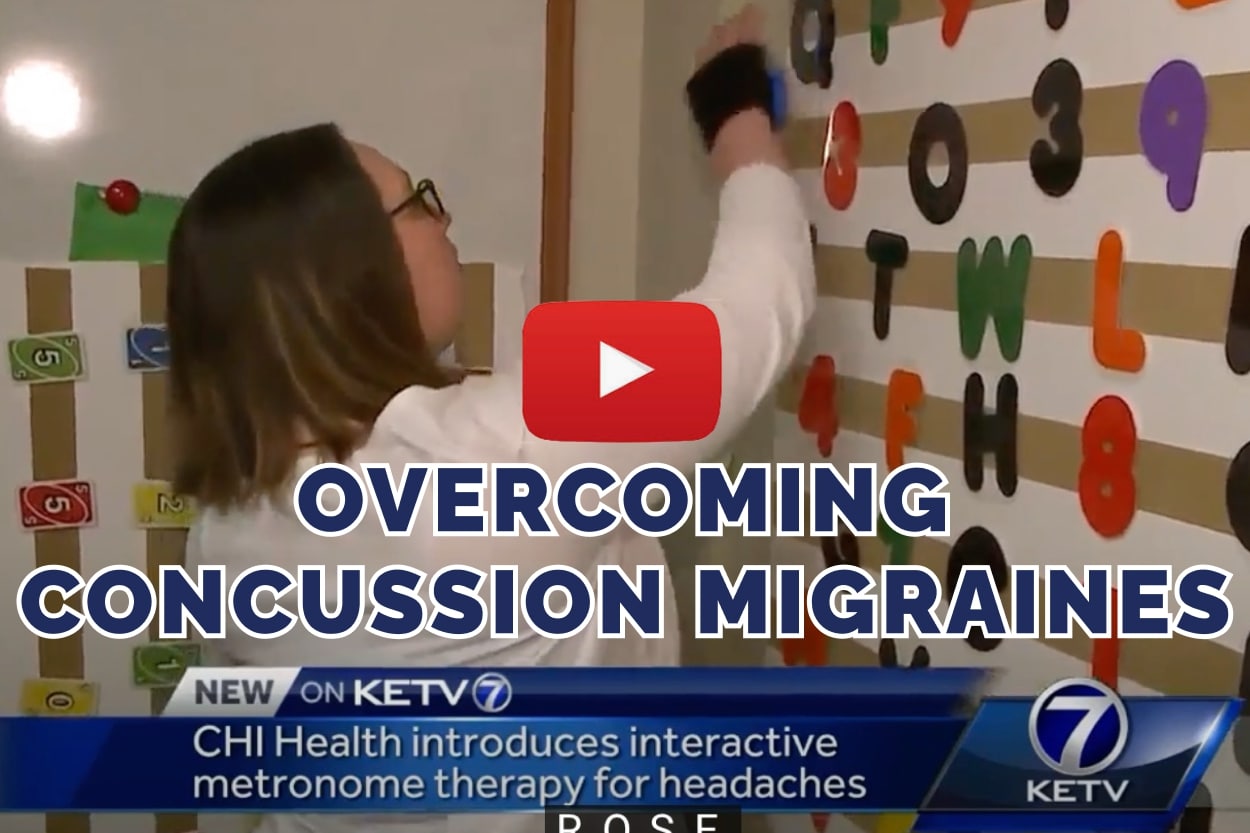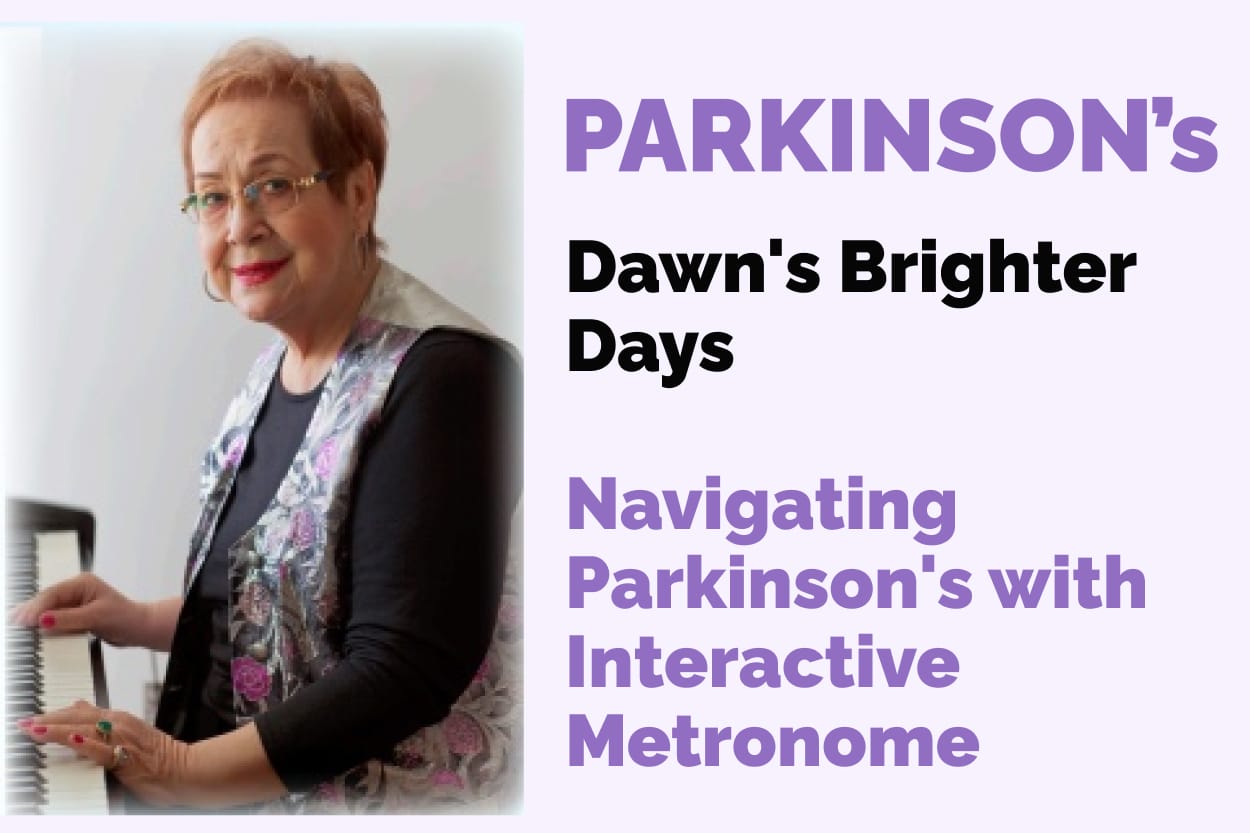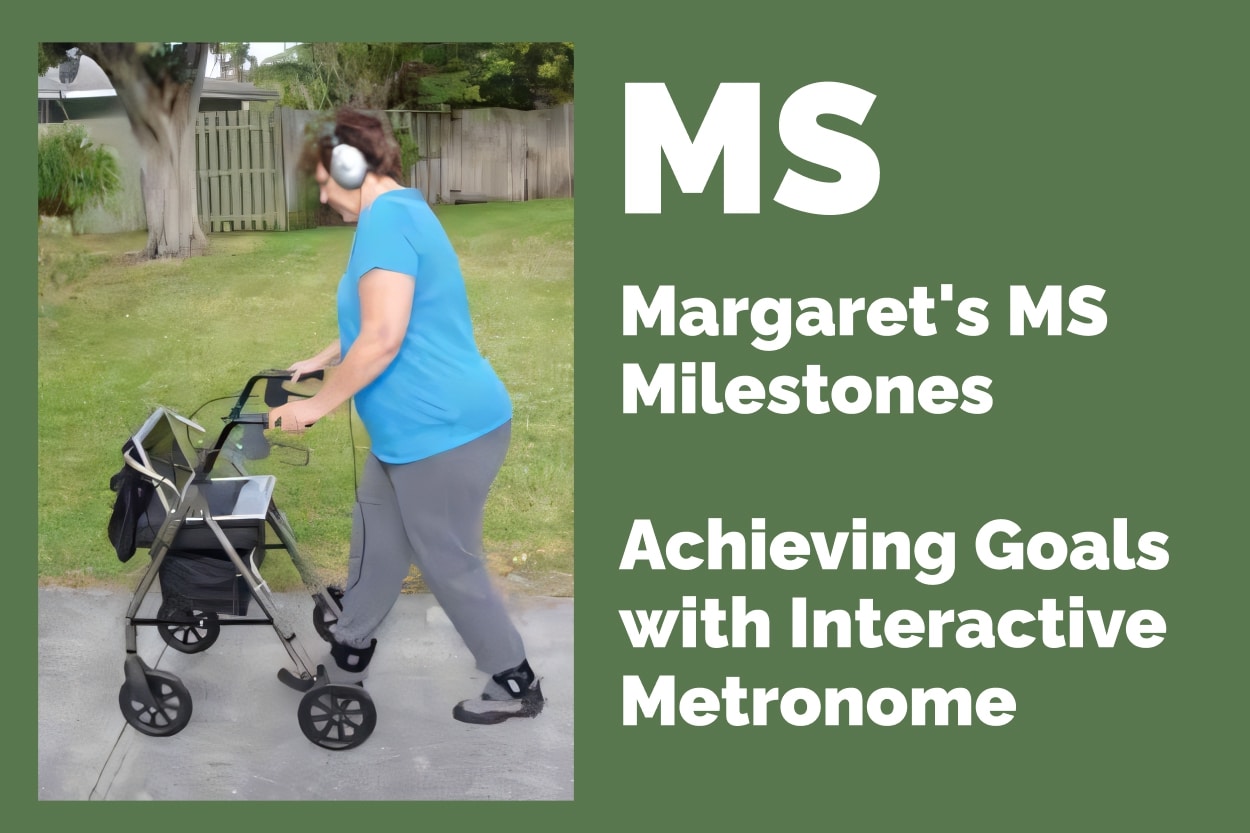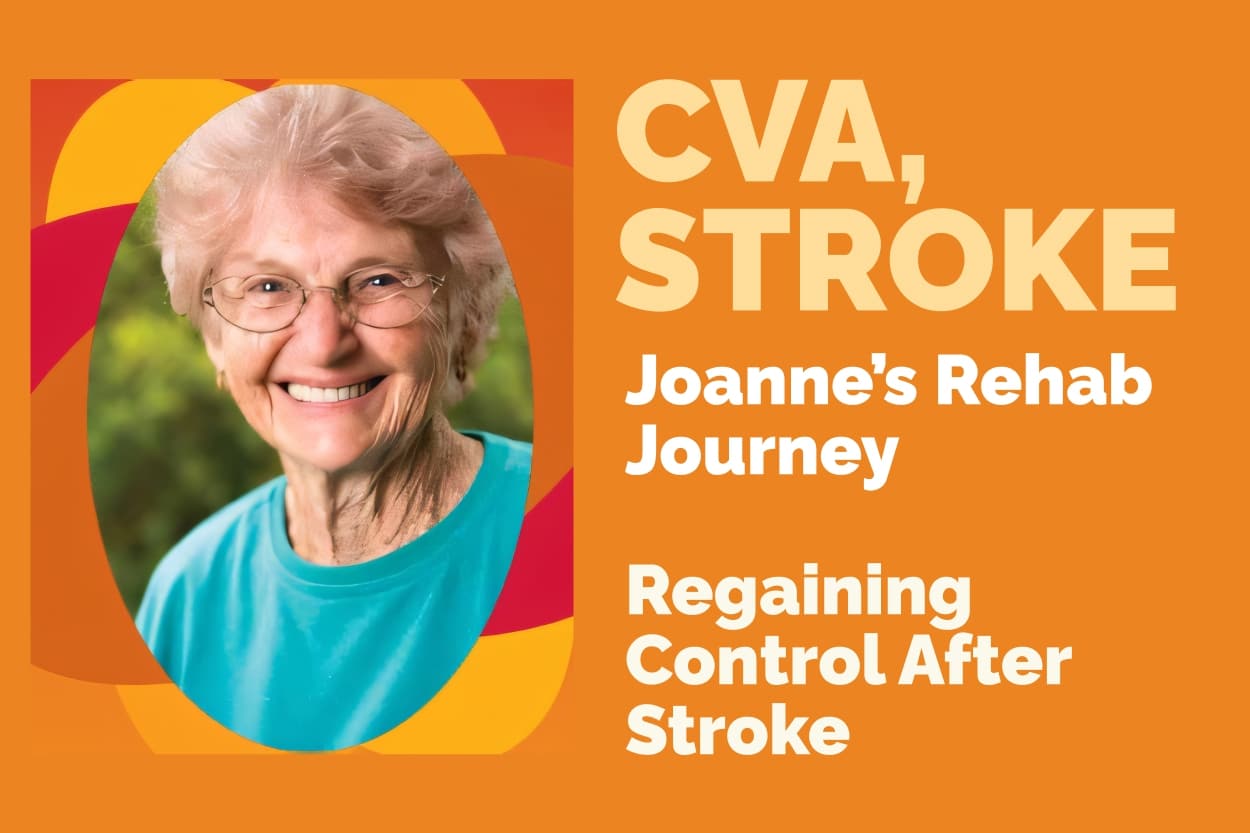Interactive Metronome Testimonials
Filter Your Results
Precision, rhythm, and timing are paramount in the captivating world of figure skating. These qualities extend beyond physical attributes; they encompass mental agility and unwavering focus. Join us as we delve into the inspiring journey of Susan, a young figure skater, and witness how she harnessed the transformative power of Interactive Metronome to elevate her performance. Through Susan’s story, we will explore her triumphs over challenges and the remarkable transformation of her weaknesses into strengths.
After suffering a stroke that impaired his mobility, attention, and daily functioning, John, a 47-year-old father, embarked on a rehabilitation journey with Interactive Metronome (IM). This unique therapy, focused on improving processing speed, balance, and coordination, led to remarkable improvements in John’s independence and executive functioning. With 19 IM sessions, John regained the ability to manage daily tasks, drive, and return to work, showcasing the profound impact of IM on stroke recovery.
Michael, a 39-year-old with C4 quadriplegia from a spinal injury, embarked on a transformative journey with Interactive Metronome (IM) therapy. After 14 sessions focusing on coordination, balance, and strength, Michael achieved remarkable independence, transitioning from wheelchair reliance to walking unassisted. His story highlights the profound impact of IM therapy in overcoming severe mobility challenges and regaining autonomy in daily life.
At 67, Kathy Lambert, diagnosed with Alzheimer’s, regained functionality and resumed her passion for upholstery after engaging with the Interactive Metronome (IM) program at the Brain Fitness Center. Despite initial struggles, Kathy’s dedicated practice led to significant cognitive and motor improvements, showcasing the IM program’s potential against neurodegenerative diseases.
Lowering Stress, Enhancing Focus, Organizational Skills & Quality of Life with Interactive Metronome
Merle, a 36-year-old veteran and college student, overcame attention struggles and stress from life’s challenges through the Interactive Metronome® (IM) program. Despite initial skepticism, the tailored IM therapy significantly improved his focus, organizational skills, and multitasking abilities, enabling him to excel academically and find a sense of calm. This case study demonstrates the transformative impact of IM on cognitive and psychosocial challenges, offering insights for clinicians and individuals interested in cognitive training.
Mariko, a 20-year-old student from Okinawa, overcame concentration issues and hyperactivity through the Interactive Metronome® (IM) program, enhancing her academic performance, social life, and ballet skills. IM therapy helped her organize tasks, improve focus, and synchronize movements with music, demonstrating its broad impact on cognitive and motor abilities.
After a stroke left 71-year-old Bob with right hemiparesis, aphasia, and severe coordination issues, he turned to the Interactive Metronome (IM) program as part of his rehabilitation. Through intensive OT that incorporated IM exercises, Bob regained significant function, moving from needing moderate assistance for daily tasks to performing complex activities with his right arm, including writing and feeding himself. This testimony highlights the transformative role of IM in stroke recovery, showcasing remarkable improvements in motor skills and sensory awareness.
Will is a 72 year old stroke patient who was suffering from fatigue, memory problems, irritability, right side weakness, instability and lack of focus and concentration. He began using IM-Home about two months after leaving the hospital, and he has never looked back. With the help of his daughter, Will trained with IM and cognitive skill building exercises several times per week. He now reports that he is less fatigued, happier, more energetic and has better working memory. He is now also able to enjoy yard work and recreational activities.
After a left hemispheric stroke exacerbated by an arachnoid cyst, 47-year-old veteran and former EMT, Rick, turned to Interactive Metronome® therapy. Struggling with cognitive deficits and slowed motor functions, Rick saw significant improvements in recall, organizational skills, and motor coordination through IM, marking a profound change in his daily and academic life.
Brenda Canup, an amputee, transformed her life with Interactive Metronome therapy, progressing from struggling to walk to completing the Disney Marathon. This therapy significantly enhanced her balance, gait, and independence, proving its efficacy in rehabilitation.
Former football player Greg Ortman recovered from concussion symptoms using Interactive Metronome therapy, administered by his mother Kate at Brain Training of Maryland. This therapy, focusing on improving cognitive functions like focus and coordination, has enabled Greg to return to college and work as a trainer at the center, assisting others with similar challenges.
Pat, a 59-year-old nurse and instructor, overcame severe challenges after a cranial tumor resection with Interactive Metronome (IM) therapy. Showed improvements in attention, motor planning, language, cognition, and balance. Journey highlights IM’s impact on rehabilitation and effectiveness in enhancing quality of life post-surgery. Read the full testimonial for more details.
After a severe TBI from a car accident, 23-year-old Kara faced significant mobility and pain challenges. Through dedicated physical therapy incorporating the Gait Mate, part of the Interactive Metronome program, Kara achieved remarkable improvements in her walking pattern, heel strike accuracy, and knee pain, laying the groundwork for her college aspirations. Her story highlights the Gait Mate’s effectiveness in enhancing gait coordination and quality in TBI rehabilitation.
At 81, Richard faced the mobility challenges of Parkinson’s Disease, including falls and difficulty with daily activities. Through 12 sessions incorporating the Interactive Metronome (IM) and Gait Mate, focusing on coordination, balance, and timing, Richard saw substantial improvements. He overcame freezing episodes, returned to bowling and golfing, and achieved modified independence in ambulation without assistive devices, marking a significant return to his active lifestyle.
At 86, Paul, a retired mechanical engineer and woodworking enthusiast, has faced Parkinson’s Disease for over 20 years. Through Occupational Therapy and Interactive Metronome (IM) sessions, Paul has significantly improved his mobility, independence, and ability to enjoy his hobbies. Despite a painful fall and a sacral fracture, IM sessions helped him regain his functional abilities, allowing him to resume activities like singing hymns and woodworking. Paul’s story is a testament to the impact of IM on enhancing the quality of life for those with Parkinson’s.
From Debilitating Migraines to Hope: How Interactive Metronome Therapy Changed McKenzie Mertes’ Life
McKenzie Mertes overcame six years of debilitating migraines caused by concussions through Interactive Metronome therapy, introduced by her mother. This treatment improved her focus and significantly reduced her migraines, enabling her to regain control of her life within a year.
Interactive Metronome® therapy positively impacted 49-year-old ALS patient Larry, enhancing his motor skills, balance, and daily functions. The personalized training improved his life with self-care, eating independence, and temporary reversal of symptoms, highlighting IM’s potential in managing ALS and neuromuscular conditions.
At 65, Dawn faced the challenges of Parkinson’s disease head-on with Interactive Metronome (IM) training aimed at improving her motor control and balance. Despite needing adjustments for her Parkinson’s symptoms, Dawn experienced notable improvements in energy, balance, and flexibility, allowing her to resume activities like playing the piano. Her remarkable progress after 16 sessions, and the decision to continue with IM-Home for maintenance, highlights the significant impact of IM on enhancing the quality of life for those living with Parkinson’s.
After being diagnosed with Multiple Sclerosis at 48, Margaret faced mobility challenges and partial paralysis in her lower limbs. Through careful and gradual Interactive Metronome (IM) training, aimed at improving neural timing for coordinated movement, she remarkably improved her timing, coordination, and balance. Margaret achieved significant life goals: returning to work, tending to her garden, and walking around her neighborhood, showcasing IM’s potential to enhance life quality despite progressive diseases.
After witnessing her grandchildren’s improvements with Interactive Metronome (IM), Joanne, a 68-year-old pastor’s wife who had suffered a mild stroke, embarked on her own IM journey. Despite initial challenges such as left side weakness and migraines, Joanne’s tailored IM program, starting once a week and gradually increasing, allowed her to regain physical and mental stamina. Incorporating IM Home into her routine, she made remarkable progress, ultimately reclaiming her active life in her church and family.


